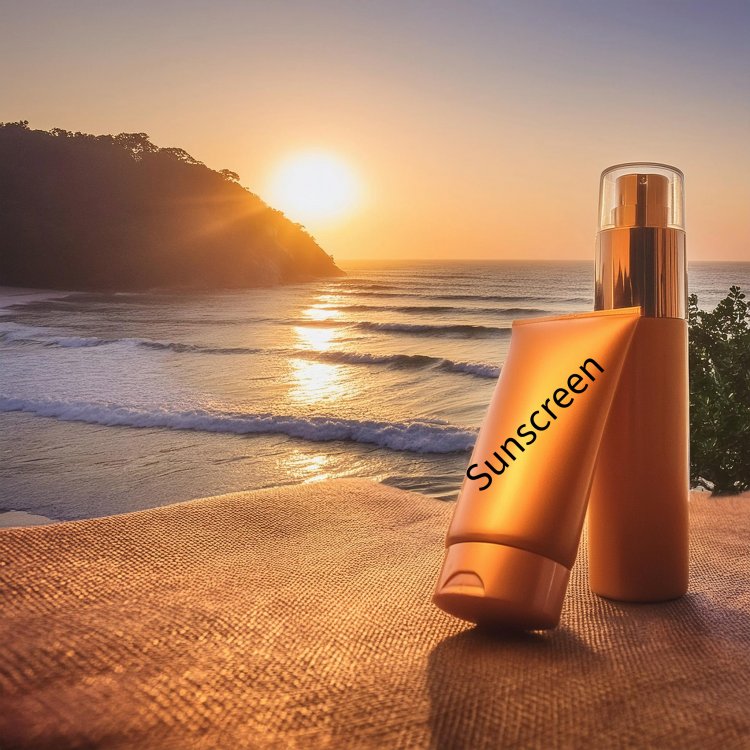Oily Skin Care: The Ultimate Guide to Sunscreen”
Importance of sunscreen in our daily lives

A topical substance called sunscreen is intended to shield skin from the damaging effects of ultraviolet (UV) radiation emitted by the sun. Here is a quick summary of the main details of sunscreen:
Types of Sunscreen:-
1. Chemical sunscreens: These are made of organic (carbon-based) substances like octinoxate, oxybenzone, and avobenzone. These substances absorb UV rays and transform them into heat that is subsequently expelled from the skin.
2. Physical sunscreens: These are made of minerals, such as titanium dioxide or zinc oxide, which sit on the skin’s surface and reflect UV rays away from the skin.
SPF (Sun Protection Factor) :-
SPF Rating: Denotes the degree of defense against UVB rays, which cause sunburn and play a role in the development of skin cancer. For example, an SPF of 30 indicates that, in comparison to no protection, it would take 30 times longer for your skin to burn.
Broad-Spectrum: Sunscreens bearing the “broad-spectrum” designation offer protection from UVA and UVB radiation. UVA photons are linked to long-term skin damage and aging because they penetrate the skin more deeply.
Application tips:-
Amount: To cover the entire body, use roughly one ounce, or a shot glass full. The majority of people apply too little, which decreases effectiveness.
Reapplication: Use every two hours, or more frequently if you perspire or swim.
Timing: To ensure that sunscreen adheres to your skin correctly, apply it 15 to 30 minutes before heading outside.
Considerations for Oily Skin:
Formulation: Look for formulae that are mattifying, non-comedogenic (won’t clog pores), and free of oil.
Ingredients: For sensitive, acne-prone skin, physical sunscreens with zinc oxide or titanium dioxide are frequently preferable.
Health Benefits:
Prevents Sunburn: Reduces the risk of immediate damage from sunburn.
Reduces Risk of Skin Cancer: Regular use lowers the risk of developing skin cancers, including melanoma.
Prevents Premature Aging: Protects against photoaging, which includes wrinkles, age spots, and loss of skin elasticity.
Untrue:
Sunscreen Is Not Necessary for Dark Skin. UV protection is crucial since UV damage can affect skin types of all kinds.
Use of Sunscreen Is Limited to Sunny Days No matter the weather, regular use is advised because UV radiation can pass through glass and clouds.
Adding sunscreen to your regular skincare regimen is essential for preserving skin health and guarding against long-term harm.
















